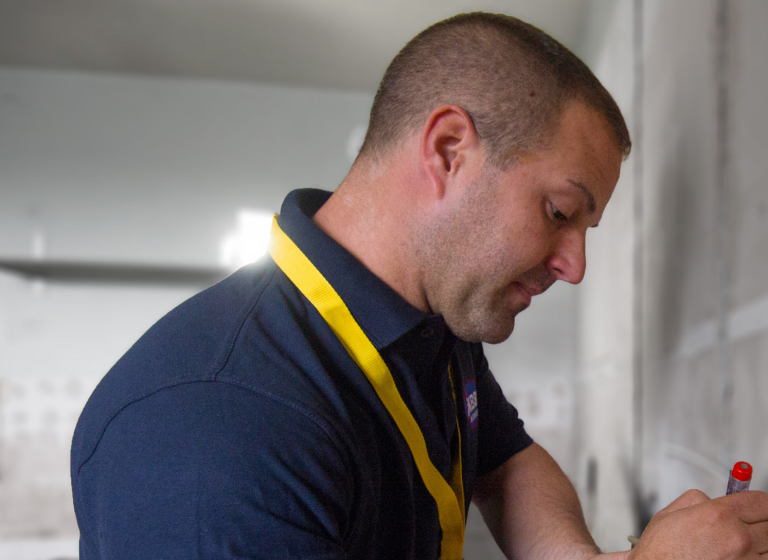A survey conducted this month concludes that installers are unclear who is responsible for safely disposing of environmentally harmful appliances and struggle with the costs of taking goods to approved recycling sites.
- Over a third of installers mistakenly believe customers have full responsibility to dispose of old appliances – despite electrical waste regulations placing responsibility with retailers and producers (a term that includes manufacturers, sellers and distributors).
- Majority of installers unable to meet additional costs of transporting old appliances for recycling, instead leaving them for collection by local authorities or scrap collectors.
- 70% of installers expect new regulations to influence how they operate but 78% fear Government does not understand nature of their business.
Efforts to reach the UK’s target of net-zero carbon emission are being hampered by thousands of used household appliances, like fridges and washing machines being disposed of in unsustainable ways.
A survey of over 1,000 kitchen, bedroom and bathroom businesses were surveyed and a clear majority are unable to meet the additional costs of taking used appliances to approved recycling sites.
Carried out among members of The British Institute of Kitchen, Bedroom and Bathroom Installation (BIKBBI), the results of the survey suggest that a major awareness-raising campaign is needed to ensure that installers fully understand who is responsible for the safe disposal of used appliances.
This would avoid appliances being left for collection by scrap traders or dumped into skips with general waste, contributing to the 155,000 tonnes of electricals that are discarded in the UK every year, instead of being reused or recycled correctly.
The survey revealed:
- 34% of installers believe it is the responsibility of customers to safely dispose of old materials and appliances when installing a new kitchen, bedroom or bathroom – despite current Waste Electrical and Electronic (WEEE) regulations making it the responsibility of retailers and producers;
- 53% of installers believe it to be appropriate to leave appliances in the hope that local authorities will pick them up, alongside a small number who believe it appropriate to use a skip (15%) or leave appliances on the roadside for scrap metal collectors (10%);
- 72% of installers are aware of Government approved sites to dispose of old fridges but only 32% use them on all occasions, with 66% citing costs as the reason for not doing so.
The results of the survey are particularly concerning given the important role that installers have in helping to reduce the environmental impact of end of life appliances. Around a quarter of the major domestic appliances, such as fridges and washing machines, sold in the UK every year are for new kitchen installations. The vast majority of these are replacements that create a huge amount of waste appliances.
Damian Walters, Chief Executive of BiKBBI, said: “Our industry has a huge part to play in the UK’s drive towards sustainability, but installers clearly need more support. As the results of our survey show, there is a real lack of clarity about whose responsibility it is to safely dispose of old appliances. It’s little wonder that so few installers are willing to take on the costs of getting appliances to Government approved recycling sites when they are not sure whether it is their responsibility.”
With changes to Waste Electrical and Electronic (WEEE) regulations widely expected over the coming months, the survey also revealed that 78% of installers believe the Government does not show understanding of their type of business when setting environmental rules and regulations.
Damian Walters, added: “Like all of us, installers want to do their bit for the environment but as very small businesses – often sole traders – they cannot afford to take on lots of additional regulation, responsibilities or costs. The Government needs to make sure that their needs are taken into account and that every effort is made to provide them with the right information if and when any changes are made.”


